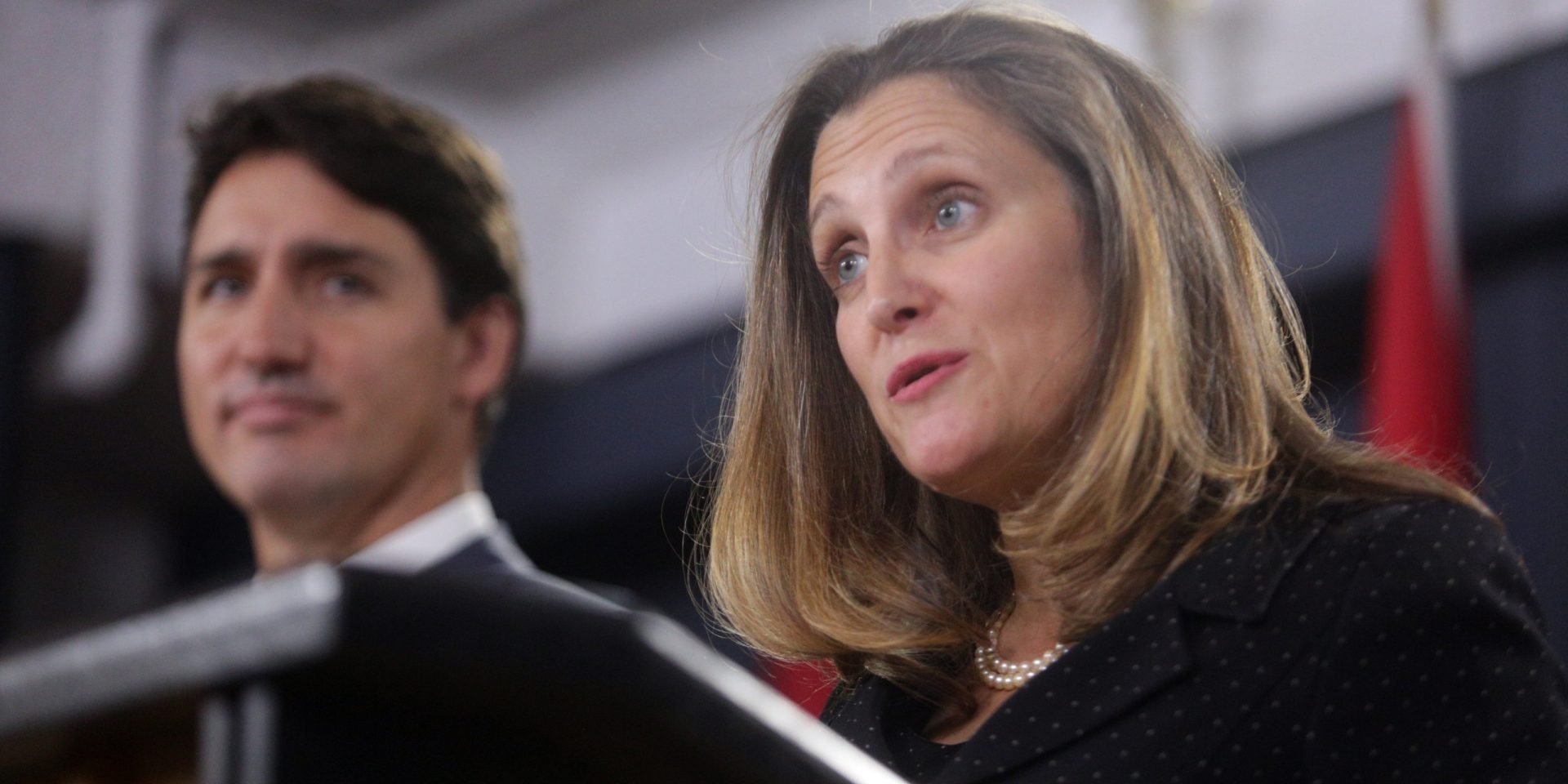Overlooked again: what the $250 rebate says about disability policy in Canada

Poverty is increasing across Canada, with many struggling to afford essentials like housing and food. People with disabilities face the greatest hardships, as 1.5 million of the 8 million Canadians in poverty live with disabilities. Compounded by the additional costs of living with a disability, and a chronic lack of disability related support, many are trapped in cycles of poverty.
When the government announced its $250 rebate and two-month tax holiday to help Canadians cope with the rising cost of living, it failed to include one of the groups most in need of support: non-working Canadians, including many people with disabilities. The prime minister mentioned that the federal government had already stepped up to help the most vulnerable Canadians and that it was now time to lend a hand to workers.
Following public and opposition backlash, Bill C-78, the legislation for the GST tax holiday, left out the $250 rebate. We hope the government is reconsidering those it excluded.
To qualify for the rebate, you must have worked in 2023. This eligibility requirement highlights a glaring oversight: many people with disabilities will be excluded.

Although as an organization we work very hard every day to facilitate inclusive employment, the fact remains that working-age adults with an intellectual disability—the population that we support—face higher unemployment rates in Canada: only one in four have a job. By tying eligibility to employment, the government is effectively ignoring this reality.
This is not an isolated misstep. Time and again, people with disabilities are excluded from government policy design, and are often an afterthought.
Although Canada is a signatory of the United Nations Convention on the Rights of Persons with Disabilities, and has passed legislation such as the Accessible Canada Act, policies across healthcare, housing, social services, and employment consistently overlook people with disabilities.
The exclusion of non-working Canadians with disabilities from the $250 rebate is indicative of a broader pattern: whether an oversight or by design, government programs often leave people with disabilities behind, perpetuating cycles of poverty and marginalization.
Consider the Canada Disability Benefit (CBD). When the CDB was announced, Canadians with disabilities had high hopes for a meaningful federal income supplement. Instead, they were offered a maximum of $200 per month. The government allocated $6.1-billion over 6 years for the CDB, leaving many in the disability community advocating for an adequate benefit that could actually lift them out of poverty. We were repeatedly told the reason the amount of the CDB could not be higher was that “we simply can not afford it”.
As the disability community was still reeling from the disappointment over the low amount of the CDB and its limited eligibility, the government announced plans to spend an estimated $6.3 billion on a one-time $250 rebate for employed Canadians earning up to $150,000 annually and a two-month sales tax break.
This disparity raises a critical question: why does the government prioritize programs for employed Canadians earning up to $150,000—and find money for such initiatives—while neglecting adequate support for people with disabilities? Rising costs affect everyone, but affordability challenges are long-standing for people with disabilities, who are repeatedly told there’s not enough funding for them.
Investing in strong social support systems benefits all. Enhanced social systems uplift those facing barriers like poverty and create a stronger, more inclusive society. These investments have ripple effects, reducing healthcare costs, improving workforce participation, and fostering economic stability for everyone. Yet, despite these well-documented benefits, the government consistently fails to prioritize policies that address the needs of people with disabilities.
Government policies rarely apply a disability lens—a framework that ensures policies are designed to capture the realities of the most vulnerable. When policymakers start with those most in need of the support, everyone benefits.
It’s time for a fundamental shift in how Canada designs its policies. People with disabilities should not have to fight for recognition and inclusion in every government program, service, and budget decision. Instead, the government must adopt a disability lens, ensuring equity is a first thought, not an afterthought.
The $250 rebate is more than a missed opportunity. It’s a symptom of a larger issue. Until our government prioritizes the needs of people who are forced to live on the margins of society, it will continue to fail those it claims to serve. Canadians with disabilities deserve better. They deserve policies that prioritize them, provide the support they need, and enable them to thrive.
We urge the federal government to reconsider, be inclusive, and prioritize persons with a disability. The time is now.
Krista Carr is the CEO of Inclusion Canada.
The Hill Times





 LICENSING
LICENSING PODCAST
PODCAST ALERTS
ALERTS


